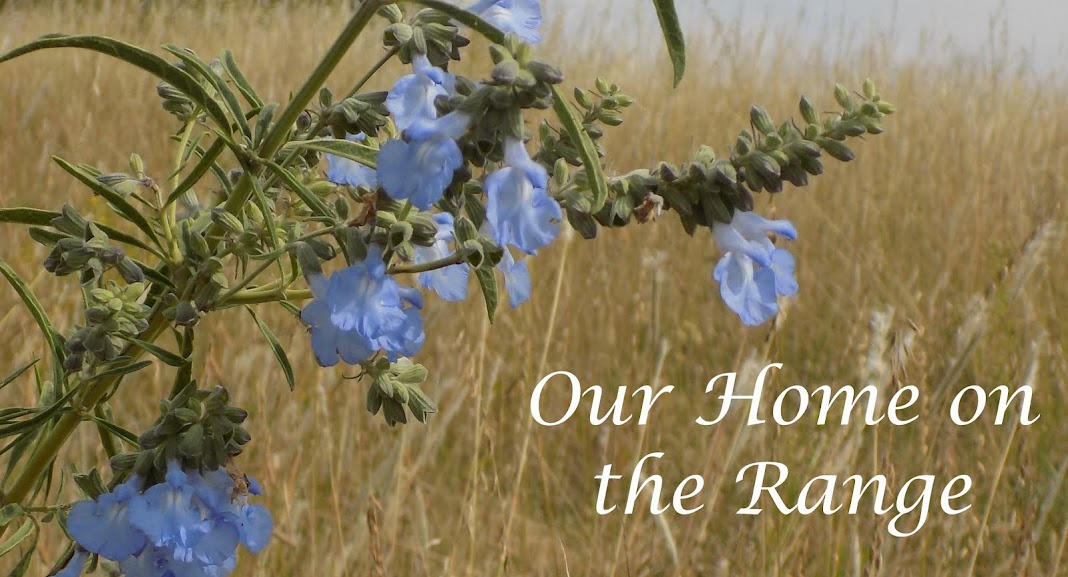So what's the problem? Well, recently we've cut our food budget significantly (or at least we're trying to cut our food budget). For a while we ate all organic and locally grown foods and our budget exploded to over $800 a month! Well, that just wasn't sustainable when we knew I was going to quit working eventually. This realization was part of the push to move out here to the Range where we can grow our own food. Until our garden is up and running (and actually producing at a family of five level), we're left with the supermarket and a slashed budget. So, I'm one of those shoppers (or Kansas Dad is, with my list) seeking out food for the lowest possible price. Dr. Waltner-Toews points out that the search for the lowest price here in North America leads to much devastation (on people and land) in other countries.
The battleground of agribusiness is in our shopping cart. Do I focus on the lowest price for our food, giving us some greater cash flow to build up our own farm? Do I avoid pesticides now for the benefit of our family and those families growing the food (if I can trust the labels, of course) or do I allow pesticides (and GMOs, oh my!) now in the hopes we'll avoid them later when we grow our own? How much should I pay to ease the environmental burden in other states and countries?
I just don't know. Right at this moment, we're leaning more on the cheap side as we're paying for much needed repairs on this house and land. Later on, we'll want to invest in our own garden. It's harsh to think we might do that at the expense of others, but it's seems to lead to less damage in the long run as we're able to feed ourselves more in the future.
It's a dilemma.
